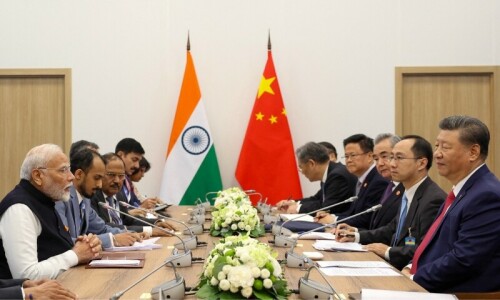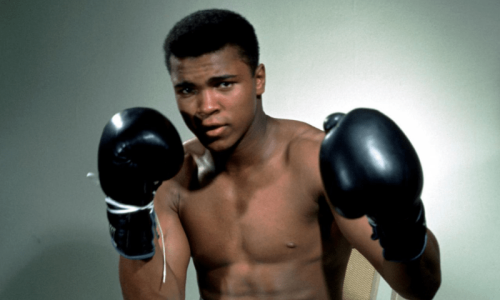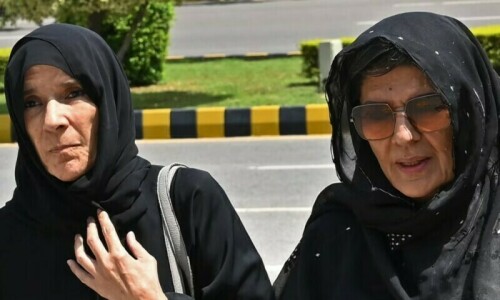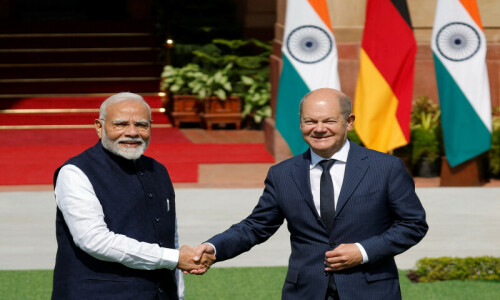KARACHI: “Editors give women reporters soft beats as they think they don’t have the means or attitude for hard news,” said Kamal Siddiqui, director of the Centre of Excellence in Journalism at the Institute of Business Administration. He was speaking during a panel discussion on the subject of ‘Feminising news and views in Pakistan’ at a programme about gender equality for greater impact organised by Uks Research Centre here on Friday.
He said when he was the editor of an English daily and was hiring female reporters he was asked why he was doing that as women go home early to tend to their homes. But he said he had seen a change in the kind of reporting done by women.
“If you send a woman to report, you get a better story due to having access,” he said.
Senior journalist Zubeida Mustafa also said that there was a need for more female journalists. She said that when she started her career as a journalist with Dawn, it wasn’t as if she was the first female journalist. There were other women before her too but who had scattered, hence they didn’t get noticed. “In some cases like in the cases of Maliha Lodhi and Hummaa Ahmed, they even broke the glass ceiling but then left to do other things,” she said.
Uzma Alkarim, head of the gender sensitivity committee at a private TV channel, said she had found people who believed women don’t step out of their homes to build careers, but because they were needy.
Film-maker and actor Meher Jafri said what society reflected was also filtered down in content. “Our plays and movies show tragedies with weak and victimised women,” she said. “But this is also what the viewers like to watch so the sponsors also support such plays and movies.”
The discussion then turned to what the media house owners wanted.
“Money makes the world go round,” reminded Ms Mustafa. “The owners always have an upper hand and they think in terms of commercialisation first because they are running businesses,” she said.
Mr Siddiqui then pointed out how 40 news channels here are constantly competing with each other on ratings, which play a big part in getting them advertisements. “In a way, these media houses are being used for their agenda by the advertisers,” he said.
Earlier, Uks’s founder and executive director narrated how 20 years ago she single-handedly founded the research centre.
She said she started the work by reading Urdu and English newspapers which provided her with an idea of different mindsets for women, especially when it came to crime reporting. “I started making them realise how a certain angle or twist given by them to a story can blow it out of proportion,” she said and stressed the need for a code of ethics.
She also shared their various success stories such as including Pakistan in the Global Media Monitoring Project and the launch of Uks’s radio internet called ‘Meri Awaz Suno’.
Published in Dawn, April 14th, 2018












































